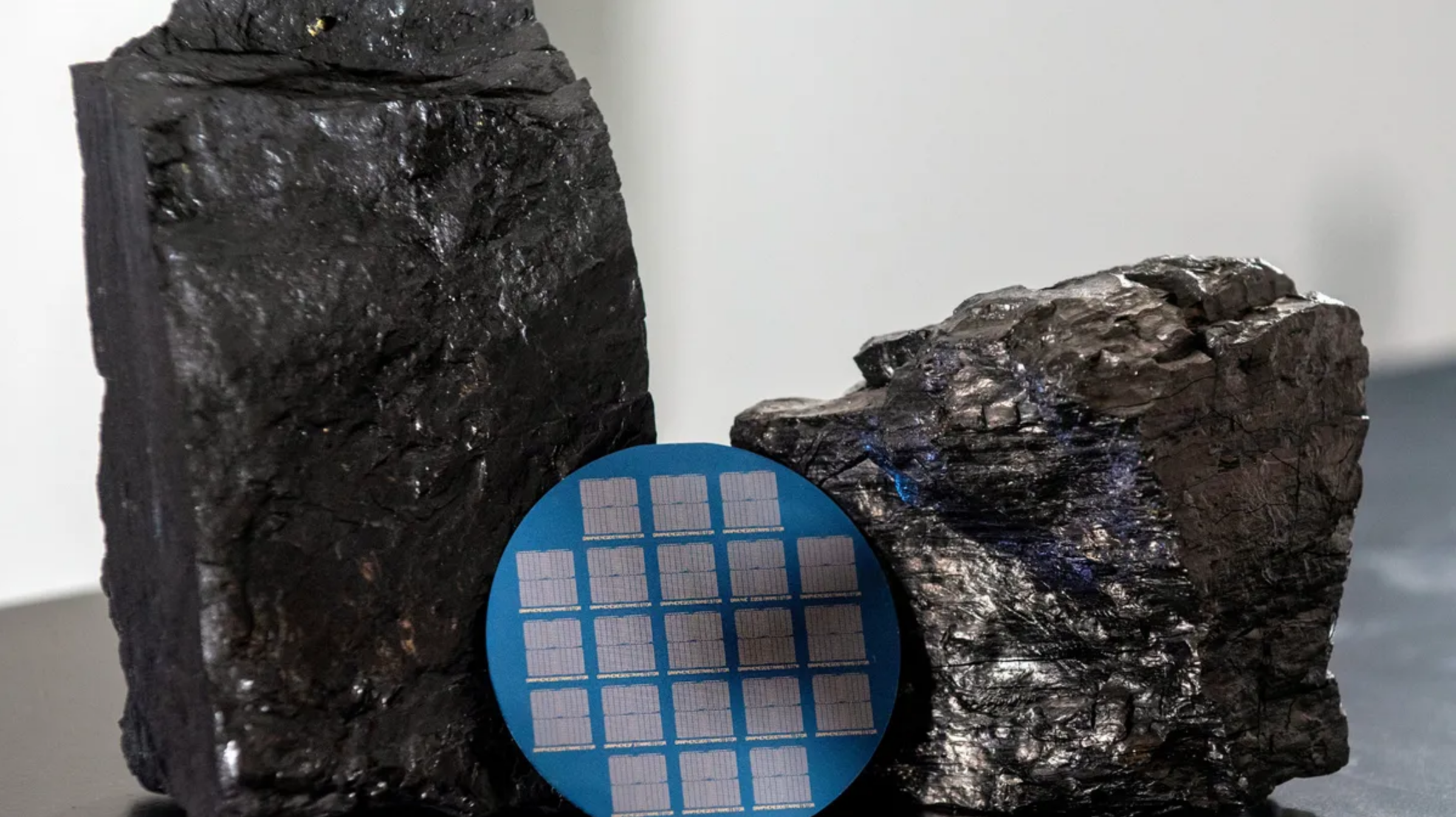Atopic dermatitis (AD), also known as eczema, is a chronic skin condition that causes the skin to become dry, itchy, and inflamed. It affects up to 20% of children and 3% of adults worldwide.
Often a lifelong condition, the exact cause of AD is unknown, but it is thought to be caused by a combination of genetic and environmental factors.
Eczema treatment is divided into two main categories: topical and systemic. Topical treatments are applied directly to the skin, while systemic or entire-body treatments are taken by mouth or injected when topical agents fail to relieve symptoms.
There’s no cure for atopic dermatitis but researchers at McMaster University have identified the best treatments for eczema.
Researchers published two studies assessing the effectiveness of topical and systemic eczema treatments.
The first study addressed topical treatments for mild to moderate eczema. It was found that the most effective treatments are pimecrolimus, tacrolimus, and moderate-potency topical corticosteroids.
The second study found that the most effective moderate to severe eczema treatments are high-dose upadacitinib, dupilumab, lebrikizumab, and tralokinumab.
The researchers hope that their findings will broaden eczema treatment options and provide valuable information to both patients and healthcare professionals.







